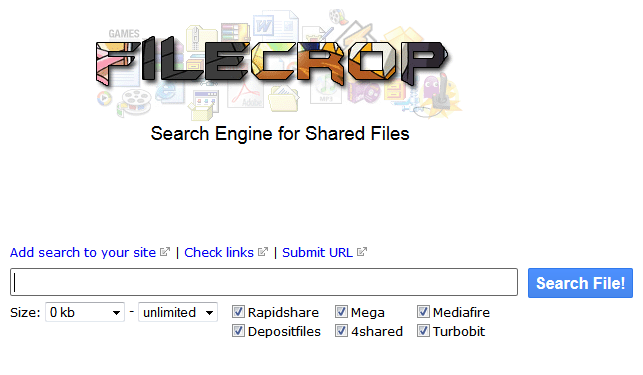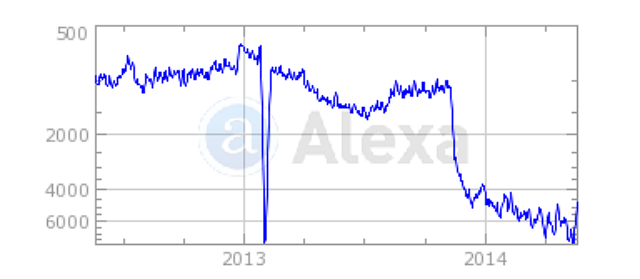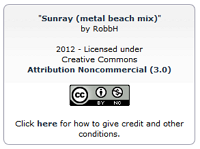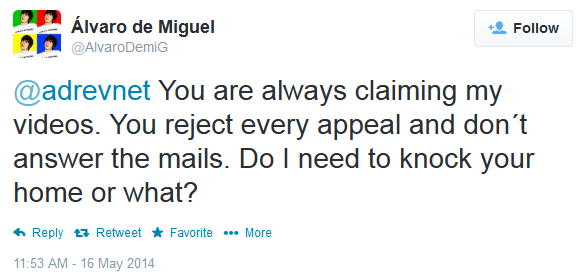‘Unbeatable’ Cinavia Anti-Piracy Technology Cracked by DVD-Ranger
samedi 24 mai 2014 à 21:43 Cinavia’s anti-piracy technology relies on a unique type of watermarking that allows it to remain present in pirated movies despite re-recording, transcoding, compression, or other type of transfer.
Cinavia’s anti-piracy technology relies on a unique type of watermarking that allows it to remain present in pirated movies despite re-recording, transcoding, compression, or other type of transfer.
This means that camcordings of Cinavia-protected first-run movies, Blu-ray and DVDrips can be easily detected.
Support for the technology has been mandatory for all hardware and software Blu-ray players since 2012, which causes headaches for many pirates every day. Pirated movies protected by Cinavia work at first, but after a few minutes playback is halted and a warning notice appears on the screen instead.
“Audio outputs temporarily muted. Do not adjust the playback volume. The content being played is protected by Cinavia™ and is not authorized for playback on this device,” one of the notices reads.
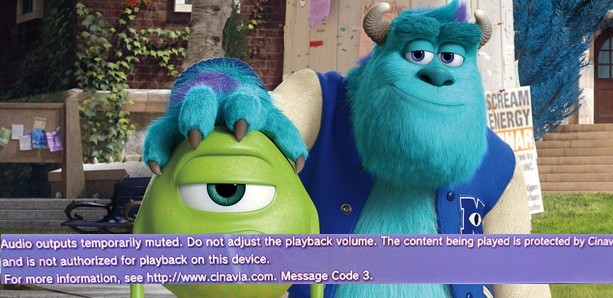
Cinavia has been hailed as an unbeatable anti-piracy technology and up until today it was impossible to crack through a simple software solution. However, after several years DVD-Ranger has now solved the puzzle.
The company informs TorrentFreak that their Cinavia removing solution is now able to remove the play restrictions from pirated downloads in various video formats, something that was previously impossible.
“We have improved DVD-Ranger for use with torrent files. Now DVD-Ranger CinEx HD can remove Cinavia from downloaded torrent video files such as avi, mkv, mp4, mov and others,” DVD-Ranger’s Ingo Förster explains.
“The new module first scans the audio and then removes the Cinavia protection on the first pass. The contained video and subtitles will be handled pass-through, meaning that only the selected audio track will be re-encoded,” he adds.
On their website the software specifically targets BitTorrent pirates, many of whom have run into Cinavia protection in recent years. With DVD-Ranger’s “CinEx HD Advanced” software this is no longer a problem, although freedom doesn’t come cheap at $69.99 per license.
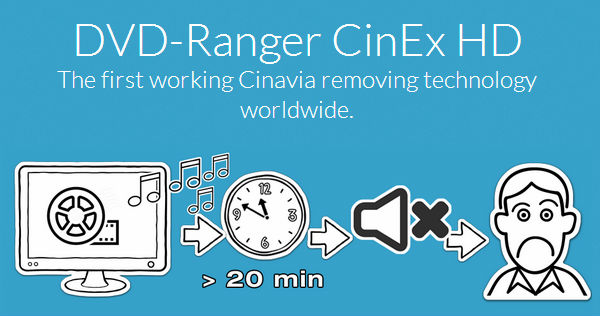
Förster and his colleague at DVD-Ranger have been working in the DVD-copying business for over a decade. For them, it was mostly the challenge that made them decide to break the Cinavia technology.
“Me and my partner are working both in science jobs and we were in contact with digital watermarks many years before Cinavia was born, so we know many things about digital watermarking. After we saw how many problems the major players such as DVDFab and Slysoft had with Cinavia, we started our own development,” Förster says.
Technically, Cinavia is not copy protection so the German based developer doesn’t believe they are breaking any laws. The files can be copied with and without a watermark, and their software only removes these “play” restrictions.
“In our country it is only forbidden to develop and sell software that circumvents copy protection. The law doesn’t mention digital watermarks. So is it legal? Definitely,” Förster notes.
In any case, DVD-Ranger’s breakthrough is likely to cause concern at Verance, the company where Cinavia is developed. Perhaps it’s the start of a new watermarking arms race?
Source: TorrentFreak, for the latest info on copyright, file-sharing and anonymous VPN services.


